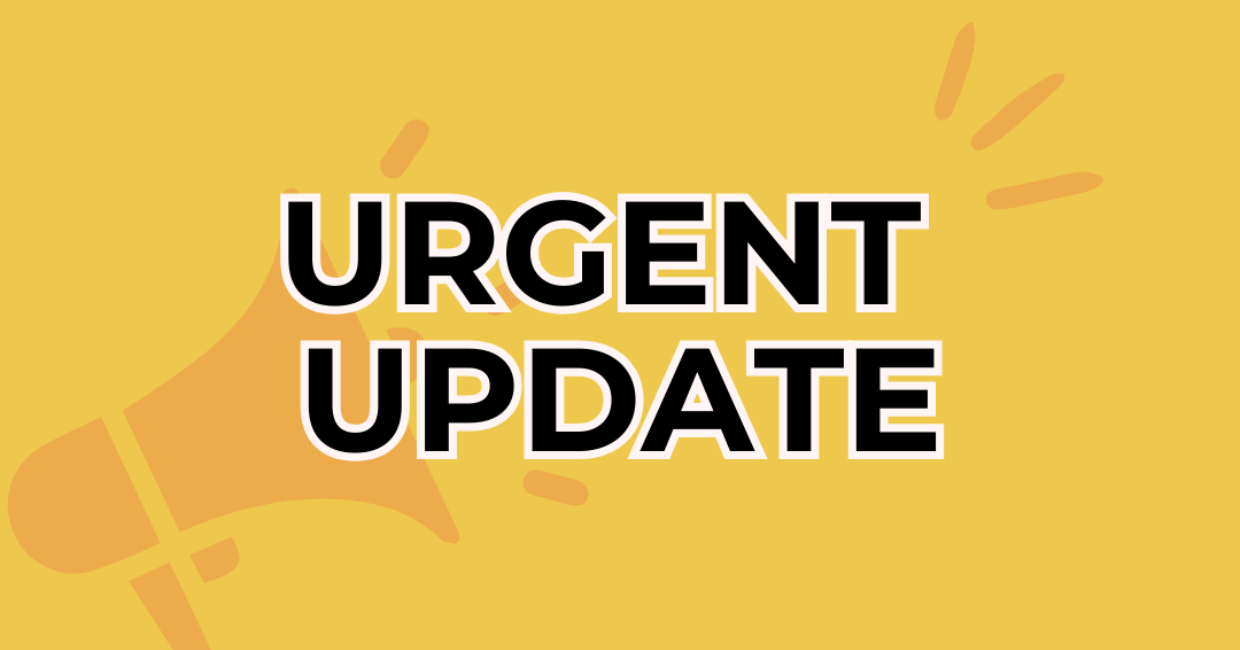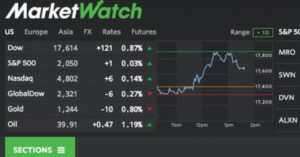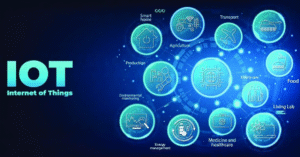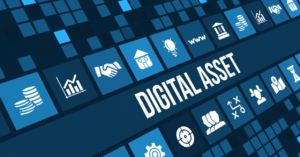Urgent Update: What’s Happening Right Now

urgent update
Urgent Update
In a world where information travels faster than ever, staying updated is no longer a luxury—it’s a necessity. Whether it’s the economy shifting gears, technology transforming our daily lives, or geopolitics redrawing boundaries, the pace of change is relentless. This Urgent Update provides a panoramic view of what’s happening right now across key sectors—economy, technology, environment, politics, and culture—so readers can not only stay informed but also understand the forces shaping tomorrow.
Live Updates: Situation Still Unfolding
1. The Global Economy on Shaky Ground
Inflation Still a Lingering Threat
Central banks around the world have spent the last two years raising interest rates to combat inflation. While price pressures have eased in some regions, essentials like food and housing remain stubbornly expensive. Households feel the squeeze, and businesses are navigating higher borrowing costs.
Energy Markets in Flux
Oil and natural gas markets are under pressure from shifting supply chains, geopolitical uncertainty, and growing demand for renewable energy. Prices are volatile, and energy security has become a central policy concern from Europe to Asia.
Trade Rebalancing
Globalization isn’t dead, but it’s being reshaped. Nations are rethinking dependencies on single suppliers, leading to a wave of “friendshoring” and regional trade alliances. This is especially visible in semiconductor production, rare earths, and critical infrastructure.
Why it matters right now: Economic turbulence affects not only governments and businesses but also individuals’ everyday lives—from grocery bills to job prospects.
2. Tech Industry: Innovations and Growing Pains
AI Everywhere
Artificial Intelligence is at the heart of the current tech wave. From customer service bots to advanced medical diagnostics, AI is permeating daily operations. However, debates around AI ethics, regulation, and job displacement are intensifying.
Cybersecurity on High Alert
With more devices connected than ever before, cyberattacks have surged. Ransomware groups and state-sponsored hackers are targeting corporations, hospitals, and even public utilities. The urgent push toward zero-trust cybersecurity frameworks reflects the scale of the threat.
The Metaverse’s Reality Check
Once hyped as the next internet, the metaverse is facing a cooling-off period. While VR and AR technologies continue to advance, adoption is slower than expected. Yet niche applications in training, education, and healthcare are proving resilient.
Why it matters right now: The tech sector drives innovation but also sparks disruption. Its breakthroughs redefine work, communication, and security in real time.
3. Climate and Environment: A Race Against Time
Extreme Weather Events
From floods in Asia to heatwaves in Europe, climate-related disasters are no longer distant warnings—they’re unfolding now. Governments face the dual challenge of adaptation and mitigation, while communities grapple with displacement and loss.
Renewable Energy Momentum
Solar, wind, and battery technologies are breaking records in efficiency and deployment. Countries are rolling out massive infrastructure projects to hit climate targets. Still, challenges remain around storage, grid integration, and affordability.
Environmental Justice
The environmental conversation is no longer only about emissions—it’s about equity. Developing nations argue for fairer financing to combat climate change, given that wealthier nations historically contributed most to the crisis.
Why it matters right now: The environment touches everything—food security, health, migration, and even political stability. Each year of delay compounds risks.
4. Global Politics: Realignments and Tensions
Shifting Alliances
Major powers are recalibrating their international relationships. Trade blocs are gaining importance, and global south nations are asserting stronger voices in global forums.
Conflicts and Flashpoints
From territorial disputes to proxy wars, hotspots around the globe continue to test international diplomacy. These conflicts not only affect local populations but also ripple across global markets through supply chain disruptions.
Democracy and Governance
Several countries face internal political crises, from contested elections to large-scale protests. Social media plays a dual role—empowering citizens while also amplifying disinformation.
Why it matters right now: Political stability is deeply tied to economic performance, security, and social cohesion. Each decision taken on the global stage has consequences far beyond borders.
5. Health and Society: Lessons from Crisis
Public Health Watch
The pandemic may no longer dominate headlines, but its impact lingers. Health systems remain stretched, long-term effects of illness are being studied, and governments are preparing for future outbreaks.
Mental Health Awareness
A positive development is the growing acknowledgment of mental health as a public priority. Workplaces, schools, and governments are investing in support systems to tackle stress, burnout, and isolation.
Social Inequality
Economic divides deepened during recent crises, with vulnerable populations hit hardest. Access to education, digital tools, and healthcare remains uneven, sparking debates around inclusivity and equity.
Why it matters right now: Social health is inseparable from economic and political health. When communities thrive, societies become more resilient.
6. Culture and Lifestyle in Flux
Hybrid Work Becomes Normal
Remote and hybrid work models have settled into the mainstream. This shift is reshaping real estate markets, urban planning, and even international migration, as professionals seek flexible living arrangements.
The Creator Economy
Independent creators—from YouTubers to online educators—are reshaping entertainment and business. This shift gives individuals more control over income streams but also intensifies competition and algorithm-driven pressures.
Shifting Consumer Values
Consumers increasingly demand sustainability, transparency, and authenticity. Brands that fail to adapt risk losing relevance in a hyper-aware marketplace.
Why it matters right now: Culture and lifestyle define how societies adapt to broader changes in economy, politics, and technology.
7. Financial Markets: Volatility and Opportunity
Stock Market Uncertainty
Markets remain volatile, driven by a mix of inflation fears, earnings reports, and geopolitical risk. Tech stocks fluctuate wildly, reflecting both optimism about innovation and caution about valuations.
Cryptocurrencies in Transition
Digital assets are weathering regulatory scrutiny and volatile trading cycles. While some coins have lost credibility, blockchain technology continues to find legitimate applications in finance, supply chains, and authentication.
Investment Shifts
There’s growing interest in impact investing—where financial returns align with social or environmental outcomes. Investors are increasingly scrutinizing ESG (environmental, social, governance) metrics.
Why it matters right now: Financial flows shape the direction of innovation and economic health. Market signals often foreshadow broader social and political change.
8. Education and Skills: Preparing for Tomorrow
The Reskilling Imperative
Automation and AI are changing the skills landscape. Workers need to constantly adapt, and educational institutions are redesigning curricula for digital-first futures.
Online Learning Evolution
EdTech platforms are moving beyond basic courses to immersive, interactive learning experiences. Virtual reality classrooms and AI tutors are becoming mainstream in pilot programs.
Equity in Access
The pandemic highlighted gaps in educational access. Even as digital tools expand, not all communities have equal opportunities to benefit.
Why it matters right now: Education is the foundation of long-term prosperity. How societies adapt today determines competitiveness tomorrow.
9. Science and Discovery: Boundaries Pushed
Space Exploration Expands
Private companies and national space agencies are racing toward new milestones—moon bases, Mars missions, and asteroid mining. Each step expands not just human knowledge but also commercial potential.
Breakthroughs in Biotechnology
Gene editing, lab-grown foods, and personalized medicine are entering real-world trials. The ethical and regulatory debates are intensifying, but the potential is enormous.
Quantum Leap
Quantum computing is moving from theory to application. While large-scale adoption is years away, businesses are already experimenting with quantum cloud services for logistics and finance.
Why it matters right now: Scientific discoveries are the seeds of future industries and solutions. Their breakthroughs today reshape life tomorrow.
10. The Human Side: Resilience and Adaptation
Amid all the changes, one thread runs constant: human resilience. Communities are adapting to disruption with creativity and innovation. Local initiatives, from urban farming to grassroots climate action, show how individuals and small groups play a role in shaping outcomes.
The “urgent update” is not only about what technologies are emerging or what policies are shifting, but also about how people respond. Innovation is powerful, but human agency remains central.
Conclusion: Why “Urgent Updates” Matter
The phrase “Urgent Update: What’s Happening Right Now” reflects more than breaking news. It underscores the reality that change is continuous, interconnected, and often unpredictable. Understanding the economic, political, technological, and cultural forces in motion today equips individuals and organizations to act wisely tomorrow.
As we move forward, the ability to interpret these urgent updates—not just read them—will define who adapts, who leads, and who falls behind.







